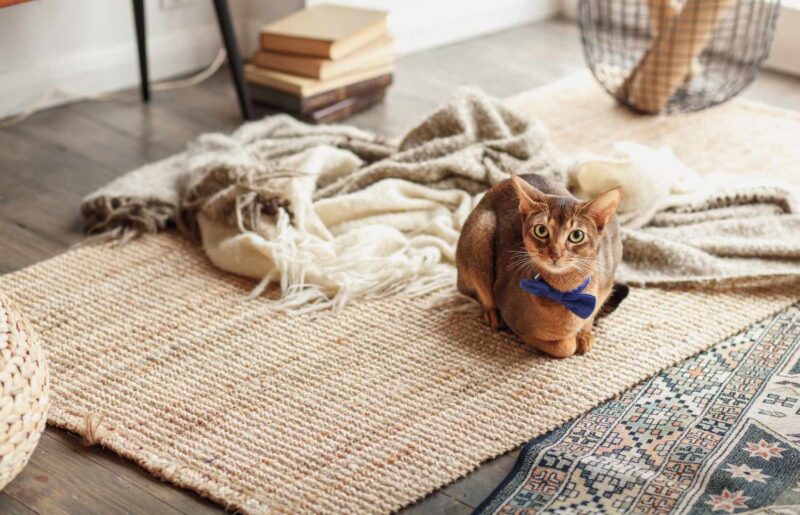When you clean your carpet, you expect it to smell nice and look clean. However, urine stains can be tricky. If someone spilled tomato sauce on the carpet, you’d notice and clean it right away. But urine can dry and hide in the fibers, causing problems later.
When you shampoo the carpet, the moisture can reactivate the urine particles, leading to that unpleasant smell.
The Science Behind It
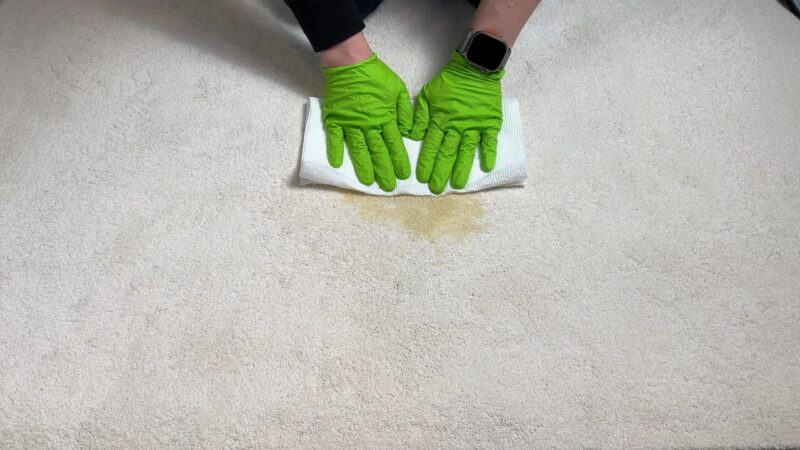
Urine contains ammonia and bacteria. When you clean your carpet with water, these elements can get reactivated, causing the smell to spread. This is why you might not notice any odor before cleaning, but it becomes very apparent afterward.
Immediate Steps to Take
First, don’t panic. There are solutions to this problem. Start by identifying the affected area. A black light can help you locate urine spots that aren’t visible to the naked eye. Shine the light over your carpet in a dark room, and any urine spots will glow. Once you find the spots, you can tackle them more effectively.
Effective Cleaning Solutions
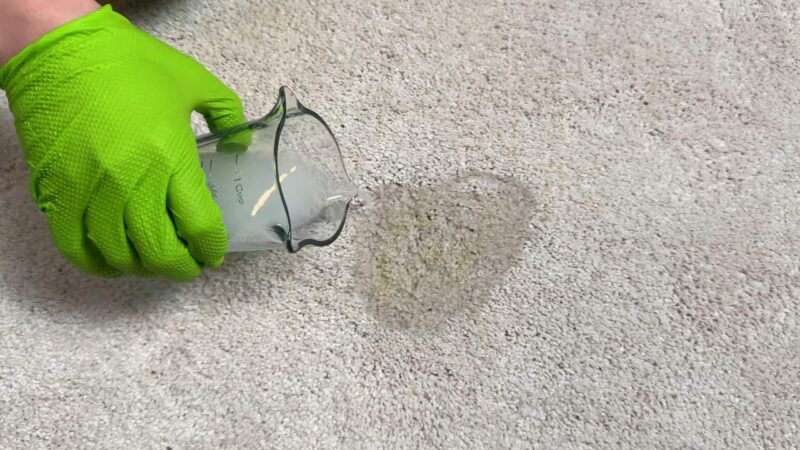
Using regular carpet shampoo might not be enough. You need products specifically designed to break down urine and its components. Enzyme cleaners are your best bet. These products contain enzymes that break down the ammonia and bacteria in urine, neutralizing the odor. Look for high-quality, biodegradable enzyme cleaners that are safe to use.
How to Use Enzyme Cleaners
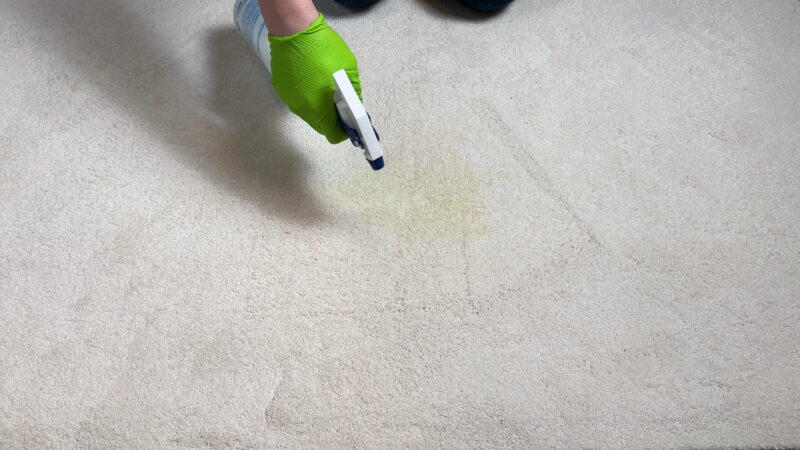
Once you have an enzyme cleaner, follow these steps:
- Apply the Cleaner: Spray the enzyme cleaner generously over the affected area.
- Let It Sit: Allow the cleaner to sit for at least 10-15 minutes. This gives the enzymes time to break down the urine components.
- Blot the Area: Use a clean, dry cloth to blot up the cleaner and the urine. Avoid rubbing, as this can spread the stain and odor.
- Rinse with Water: Lightly rinse the area with water to remove any remaining cleaner.
- Dry Thoroughly: Use fans or a dehumidifier to ensure the carpet dries completely. Moisture can lead to mold and mildew, which can cause additional odors.
Prevention
To prevent this issue in the future, consider these tips:
- Regular Maintenance: Clean your carpet regularly, even if it doesn’t look dirty. This helps prevent any hidden stains from becoming a problem.
- Immediate Action: If you suspect a spill or accident, treat it immediately. The longer urine sits in the carpet, the harder it will be to remove.
- Use Protectants: Consider applying a carpet protectant after cleaning. These products create a barrier that makes it easier to clean up spills before they penetrate deep into the fibers.
Professional Help
If the smell persists despite your best efforts, it might be time to call in professionals. Companies like Rug Doctor have specialized equipment and products designed to tackle tough odors and stains. A professional cleaning can provide a deeper clean than DIY methods.
The Importance of Drying
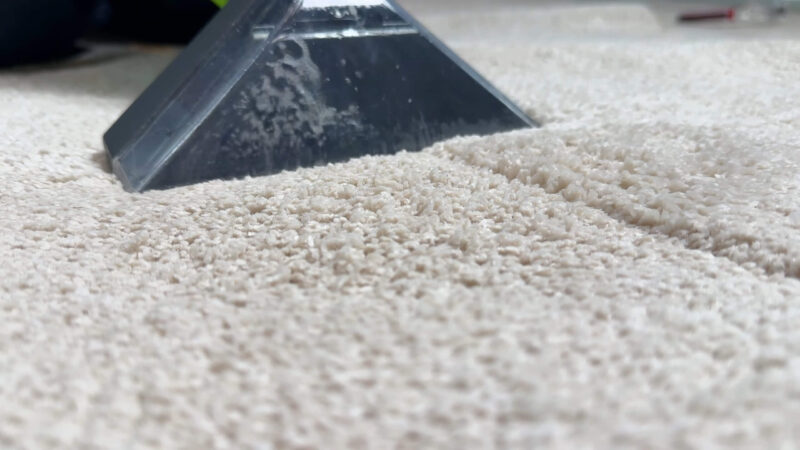
One critical step often overlooked is the drying process. After cleaning, ensure your carpet dries thoroughly. Use fans, open windows, or run a dehumidifier to speed up the drying process. A damp carpet can develop mold and mildew, adding to the odor problem.
Common Mistakes to Avoid
- Using Bleach: Some people think bleach will kill the urine smell, but it can damage your carpet and doesn’t neutralize the odor effectively.
- Skipping Enzyme Cleaners: Regular carpet shampoos are not designed to break down urine. Always use enzyme-based cleaners for urine stains.
- Not Drying Properly: Never leave your carpet damp after cleaning. This can lead to additional problems like mold and mildew.
Final Thoughts
Dealing with a smelly carpet after shampooing can be frustrating, but understanding why it happens and knowing how to tackle it can make a big difference. Use enzyme cleaners, ensure thorough drying, and consider professional help if needed. Regular maintenance and immediate action on spills can help keep your carpet smelling fresh and clean.
By taking these steps, you can enjoy a clean, fresh-smelling home without the stress of lingering odors.

